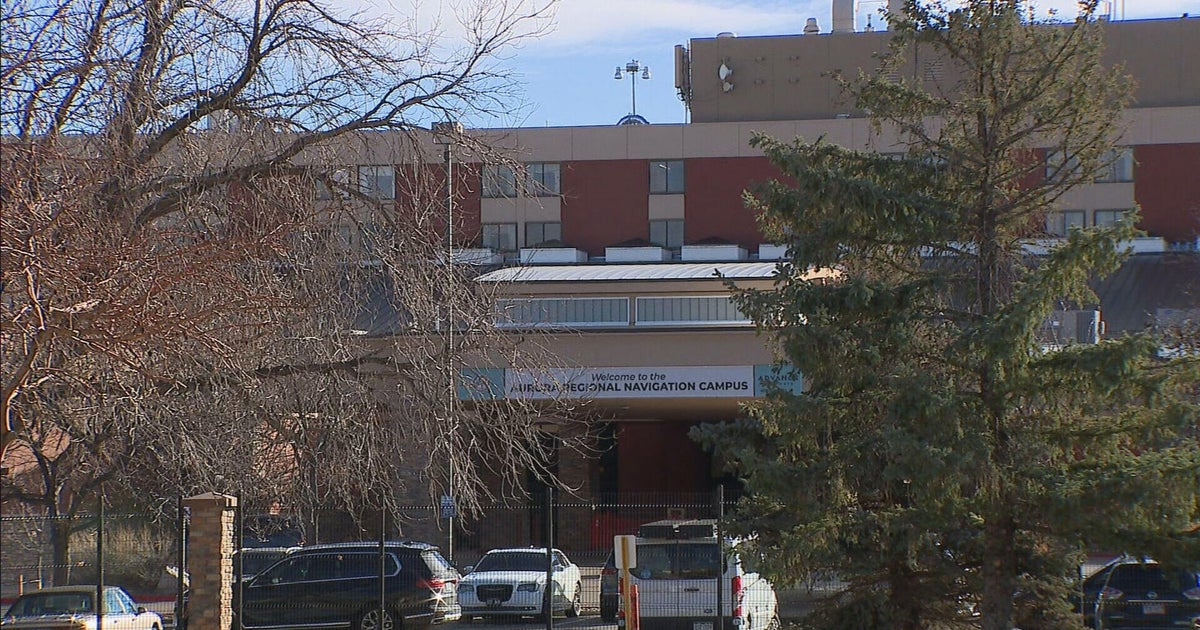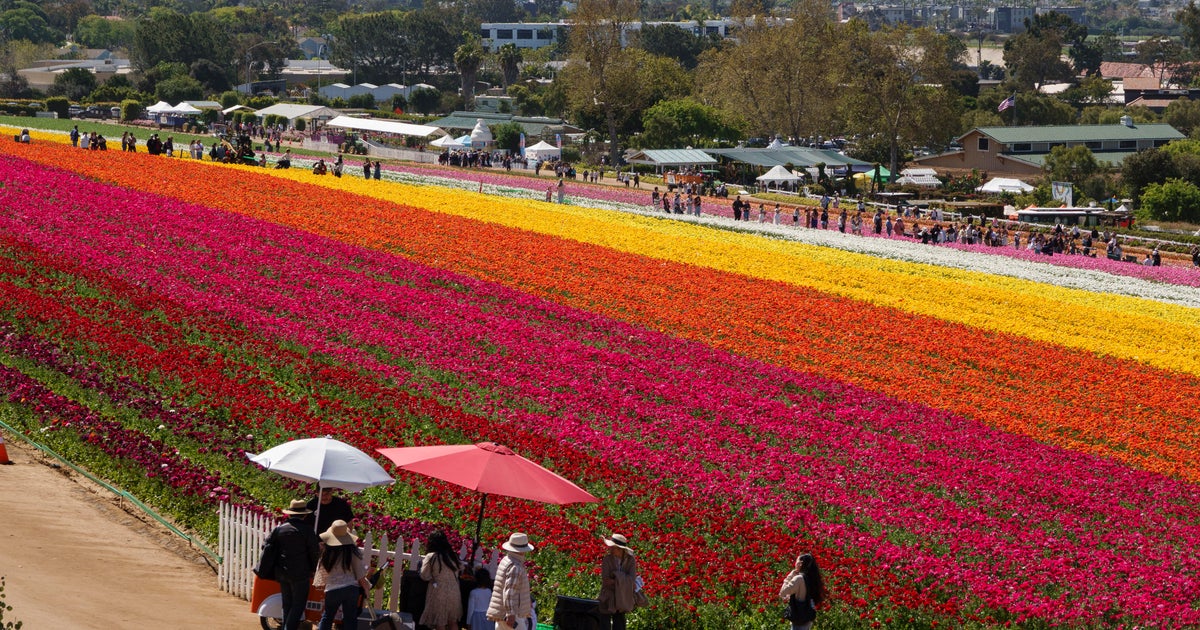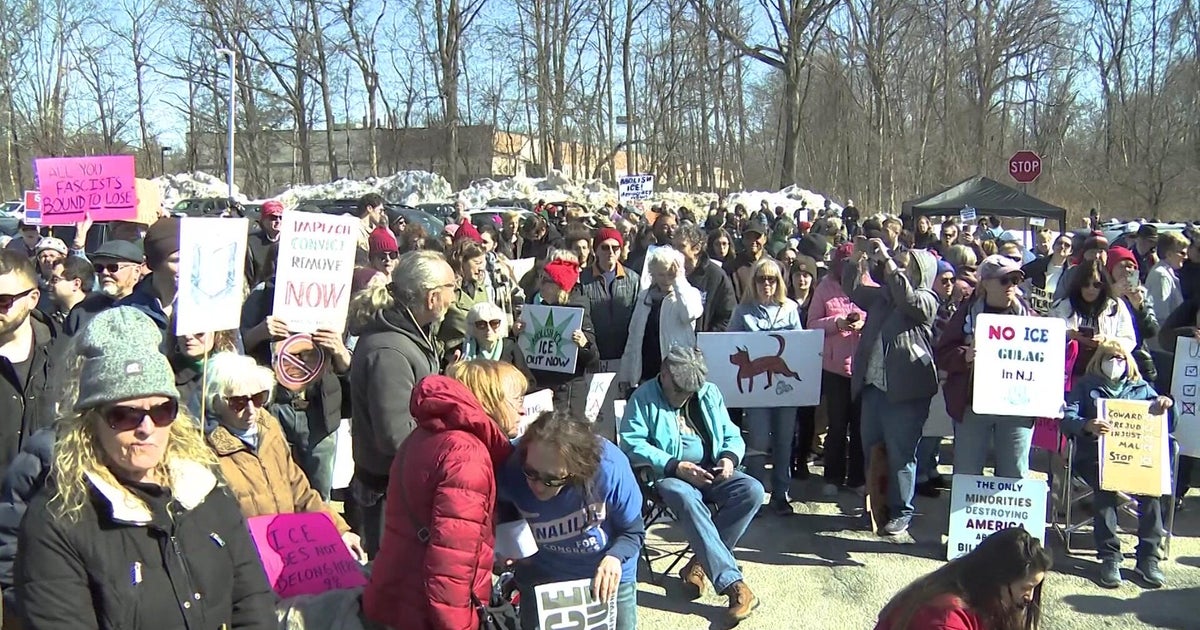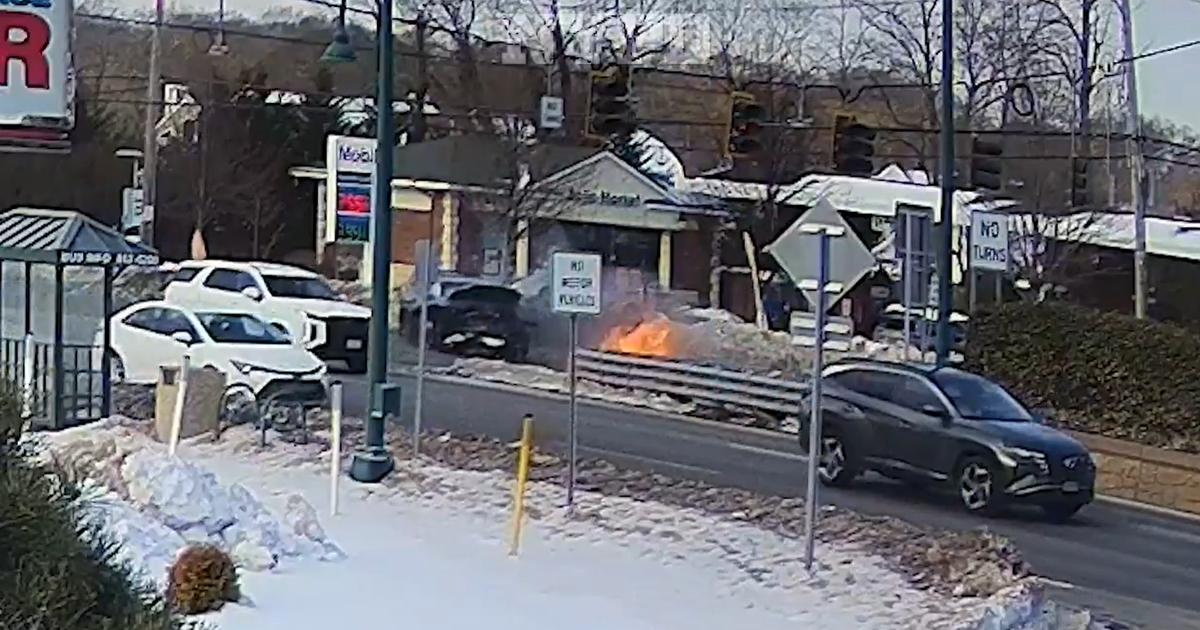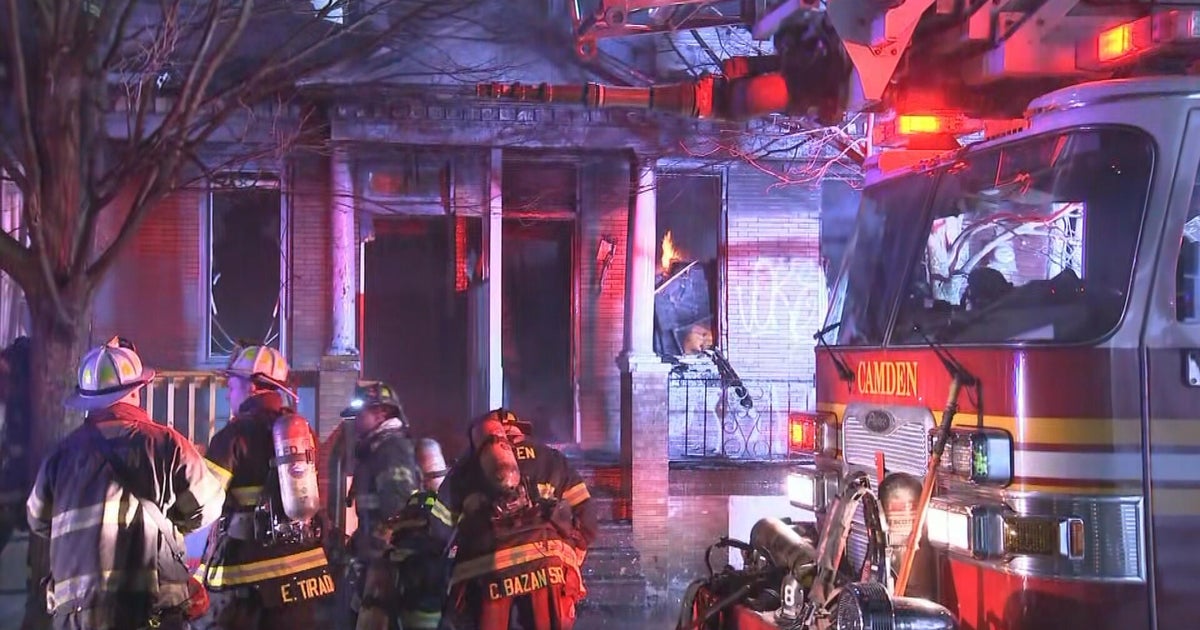Farming goes indoors at Aurora's Kalera Leafy Green Operation
Food insecurity remains a huge problem in Colorado, and as climate change impacts the growing season, some see indoor farming as an answer.
Kalera is a global vertical farming company, and it opened a leafy greens farm in Aurora in April.
"The most important thing is to perfect mother nature inside," said Austin Martin, President of North America and Chief Operations Officer of Kalera.
Inside an Aurora warehouse, Mother Nature is hard at work growing leafy greens. Kalera grows several varieties of full head lettuce, as well as, loose leaf lettuce and microgreens. All grown in a two story facility, instead of across acres.
"We use 99-percent less land for the amount of lettuce that we can grow, so it's very efficient for the land," Martin explained.
Vertical farming has been around since the 1960's, but not to the scale that would make it economically viable.
"It's really in the last decade that the convergence of technology and the cost to operate that technology has got to the point where a product can be grown at scale and produce something that consumers can afford on an everyday basis," Martin told CBS4.
Inside the warehouse, the "sun" is generated completely by electricity, which powers LED lights designed to feed the plants.
"From an economic standpoint, it is definitely expensive to grow in these environments, but on the flip side you have arguments about the fact that you can produce crops year round," said Joshua Craver, an Assistant Professor of Controlled Environment Horticulture at Colorado State University. "That's one of the beauties of controlled environments that we're not limited by the environment in which we're at, as well as, as the seasons changing, the weather patterns. We can optimize that environment because it is a controlled environment to get the highest yield, the highest quality, and to do it predictably 365-days-year.
Craver studies how to best optimize the lights and technology in order to reduce the drain on the electrical grid. He sees vertical farming as an answer to problems like a rising global population, food desserts in urban areas, and environmental health changes.
"Vertical farming in controlled environments is one tool in our tool box," Craver told CBS4.
The vertical farming tool doesn't use dirt, which means no diseases and no bugs. Kalera maintains a clean environment and uses no chemicals on it's plants. The lettuce gets it's nutrients from the LED bulbs, and from a specially designed water solution. The water is recycled from crop to crop.
"So we look at our product as being safer, it's cleaner, it's locally grown," Martin said. "We look at it as next level, better than organic."
Martin explained that none of the Kalera products are genetically modified. The Aurora facility alone is able to produce around 3.3 million pounds of lettuce a year. All of which is sold locally to restaurants and King Soopers stores.



